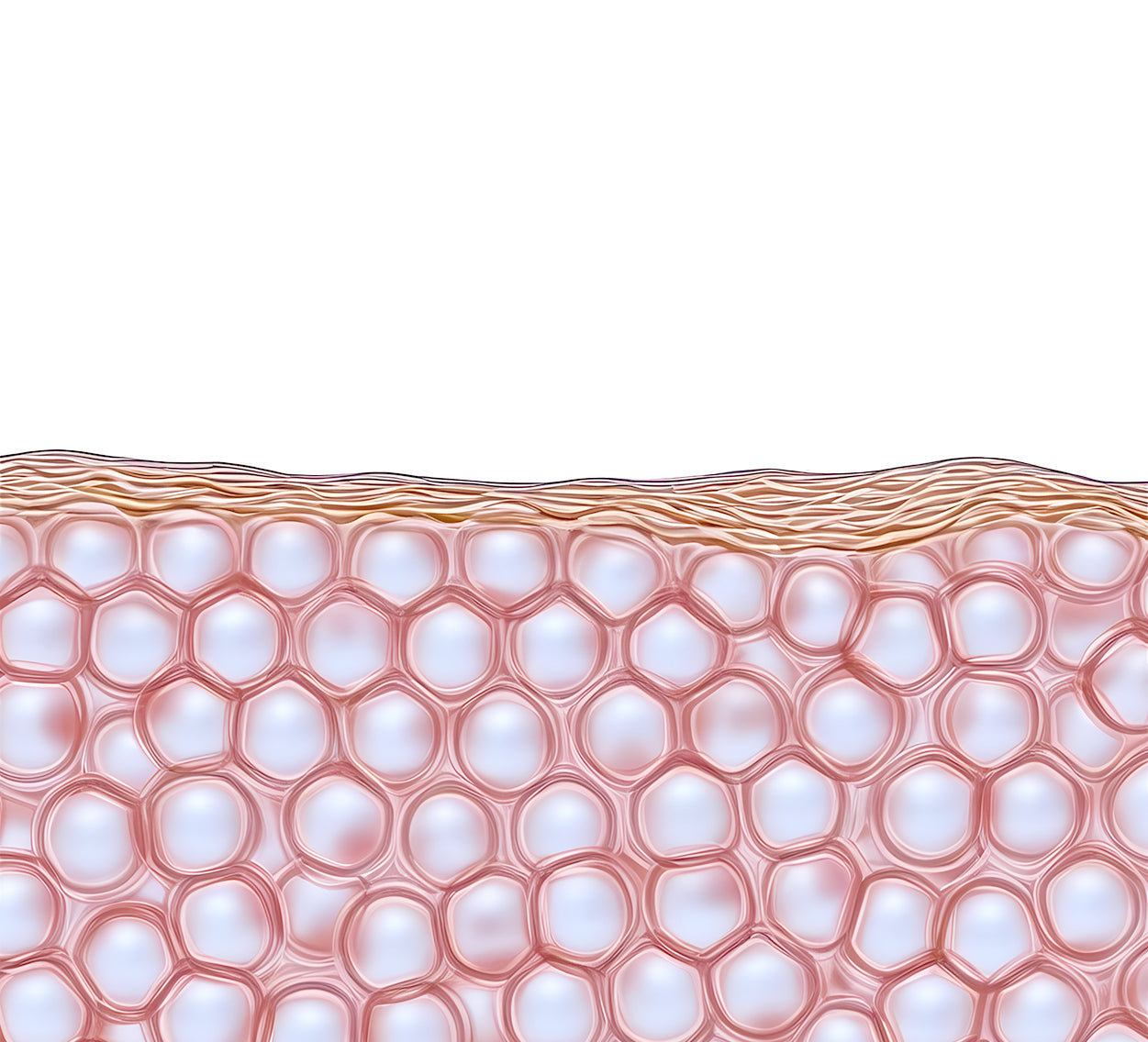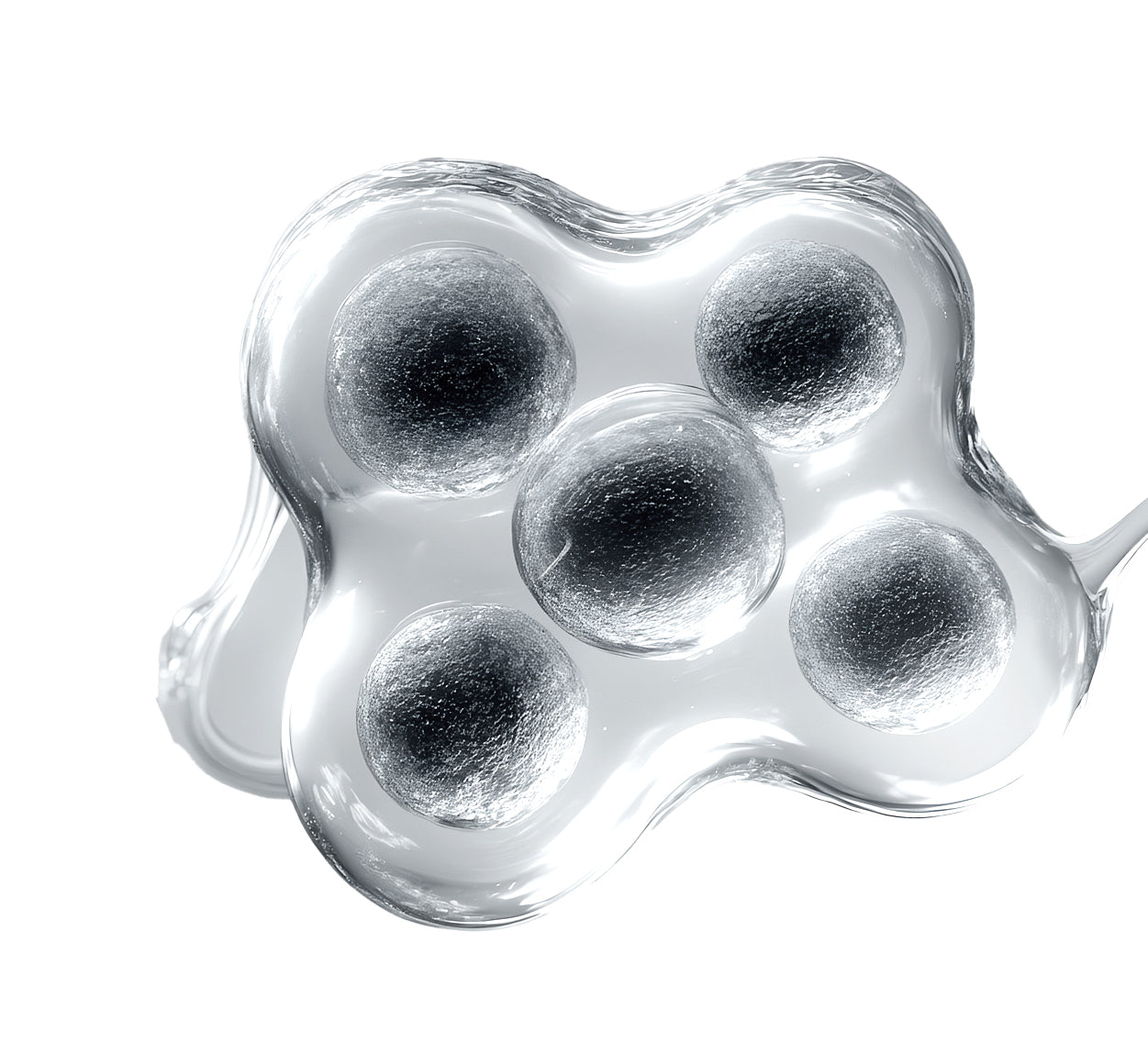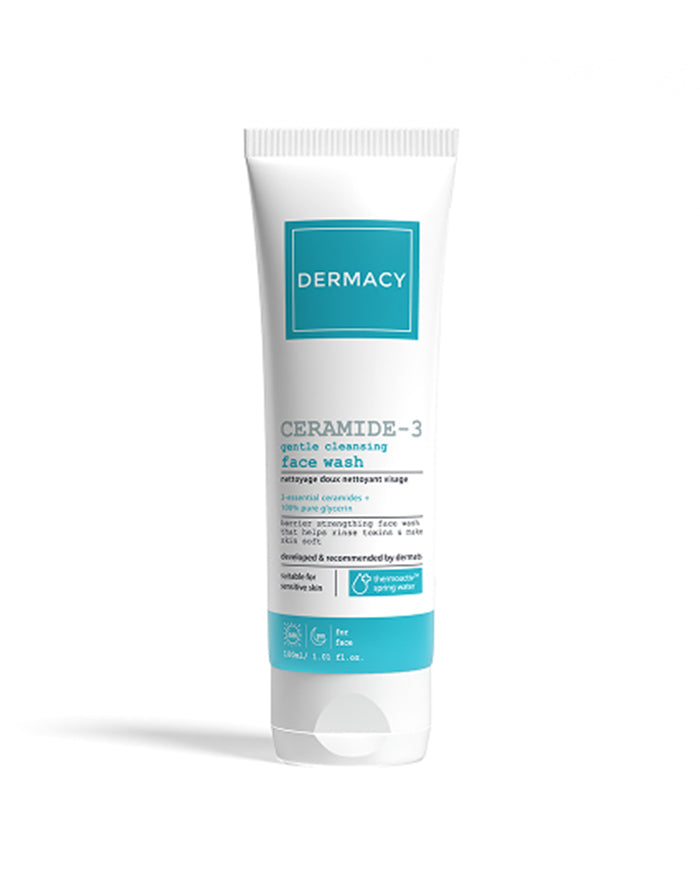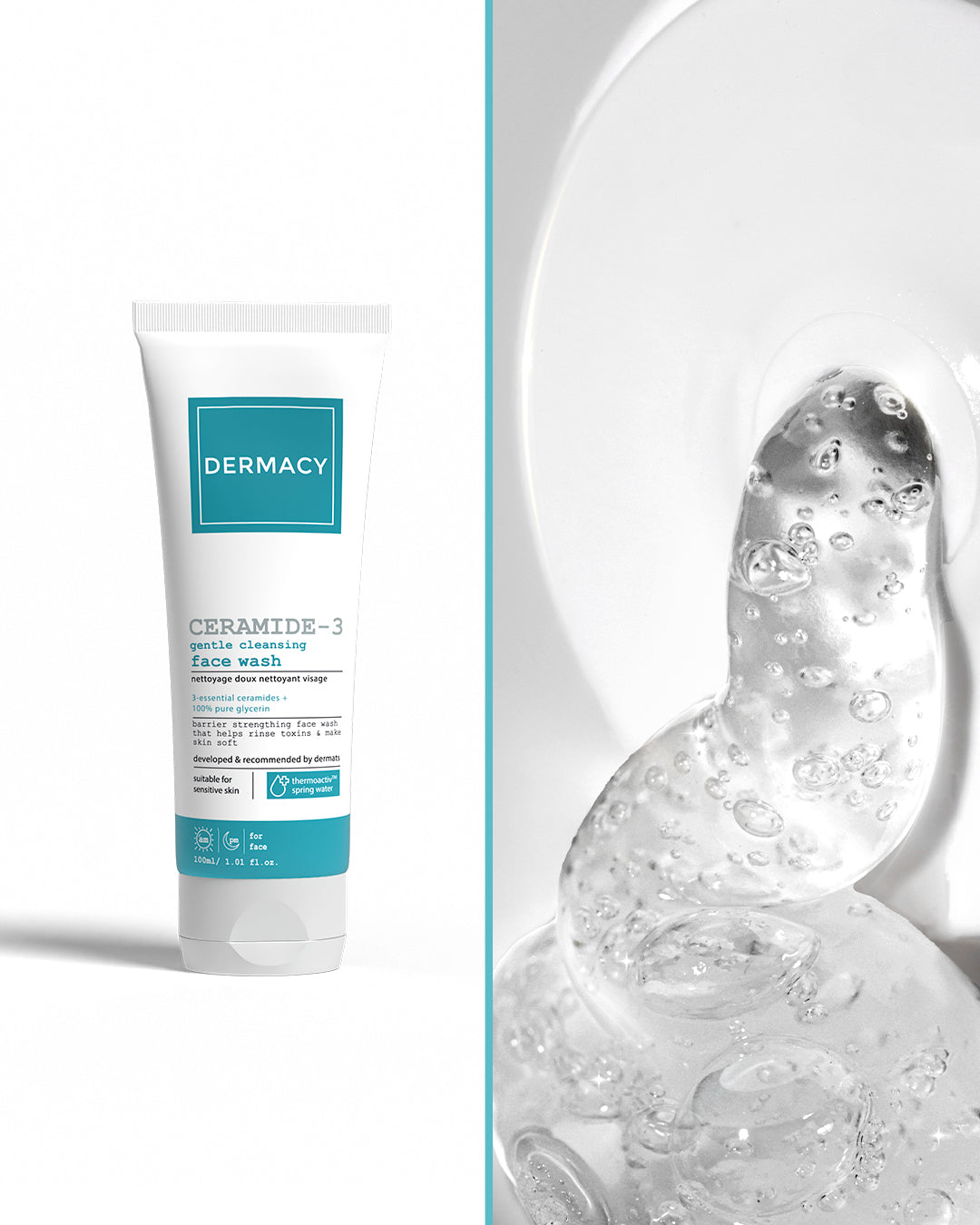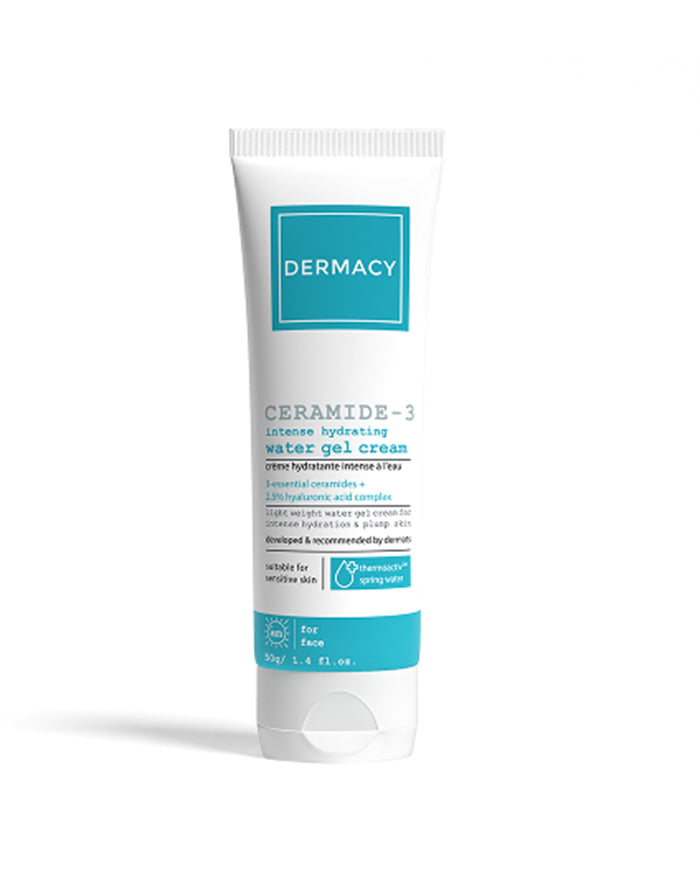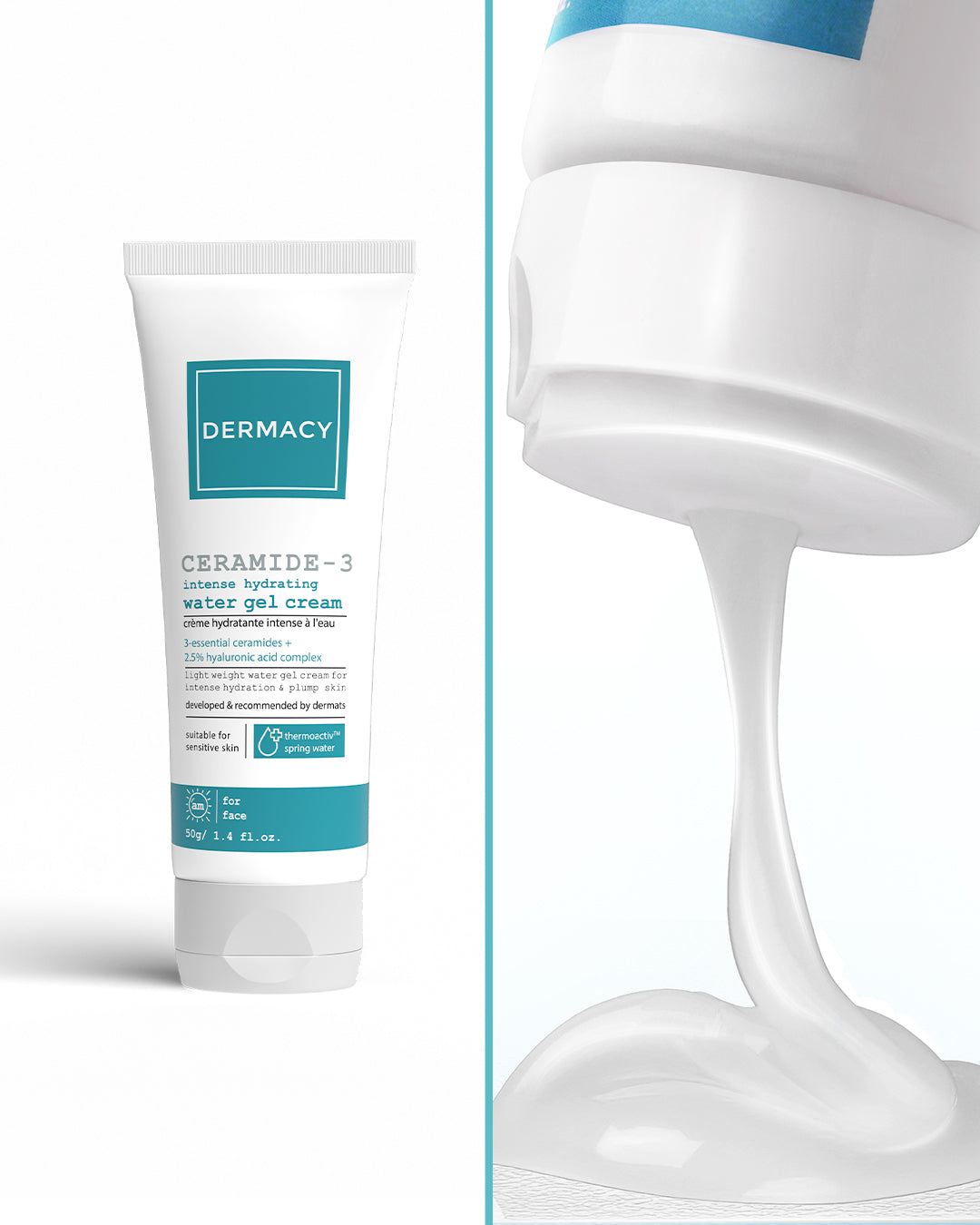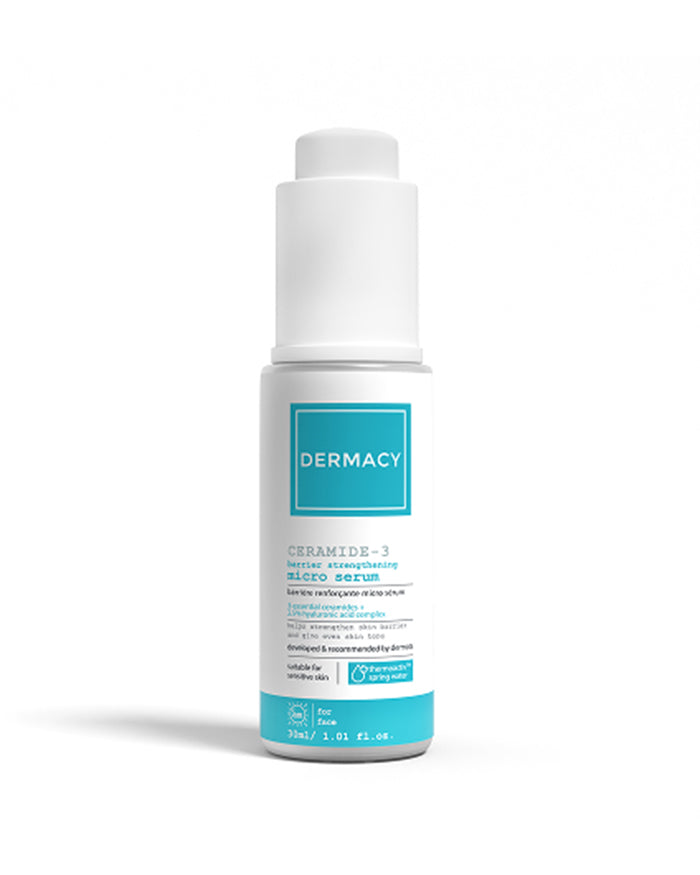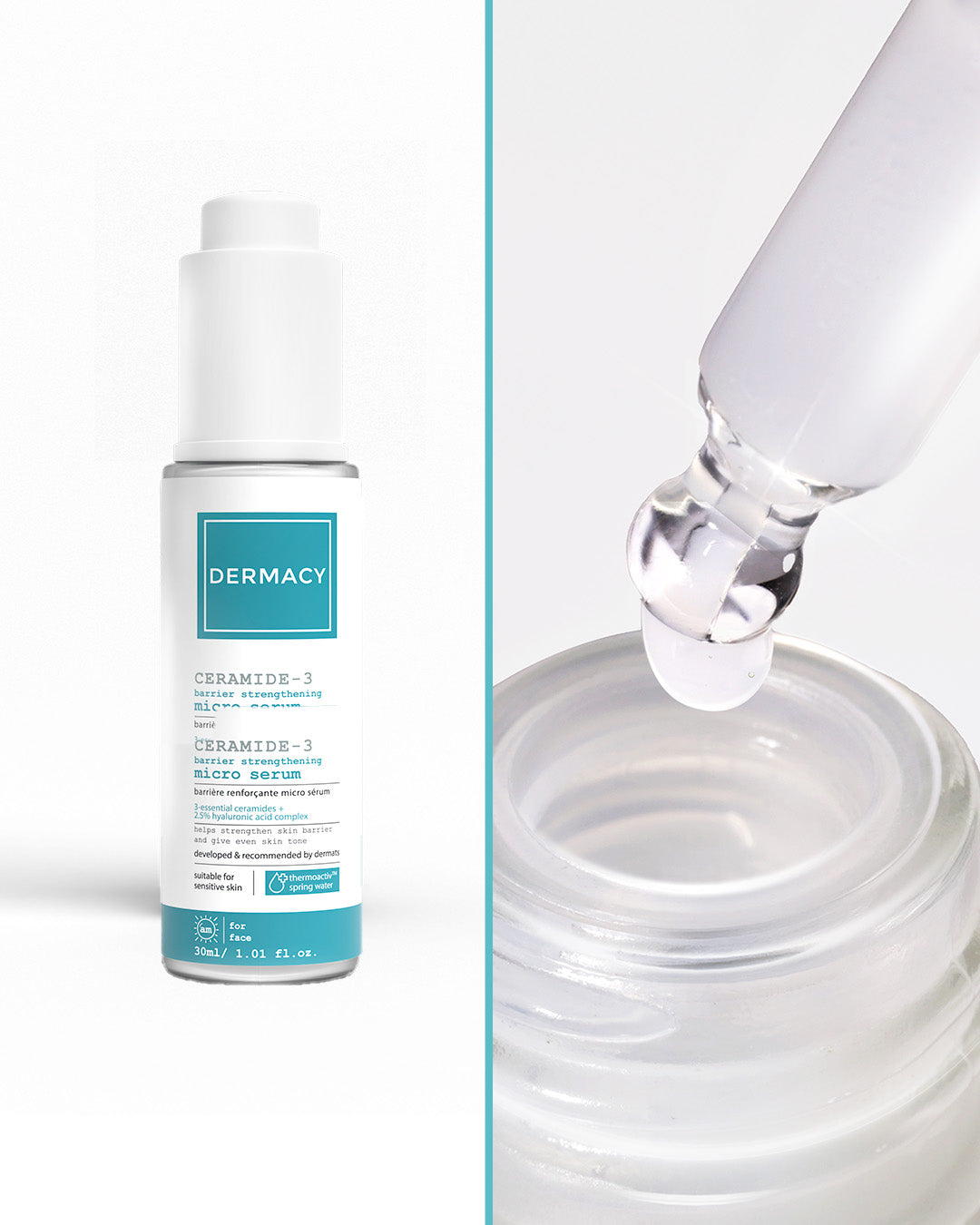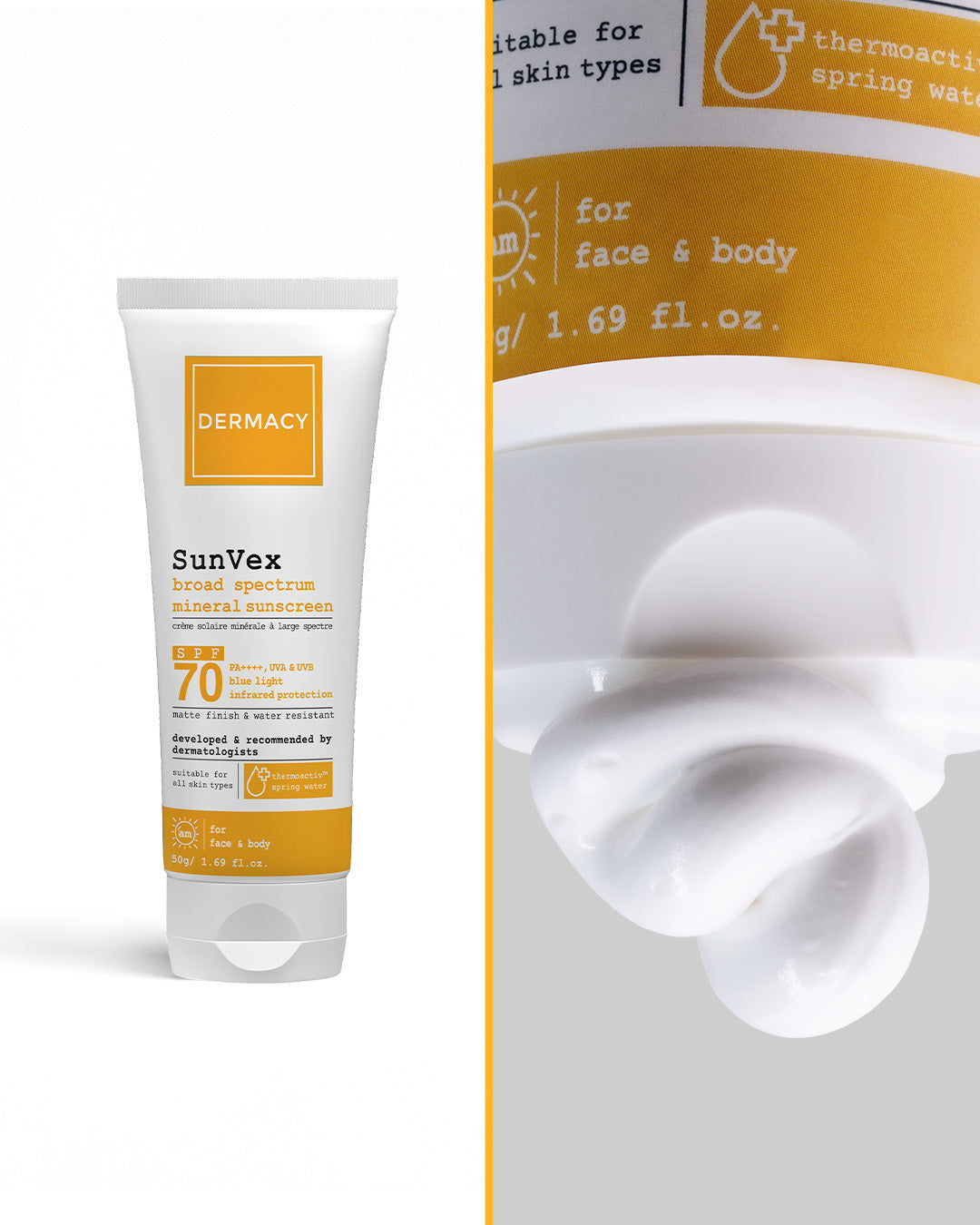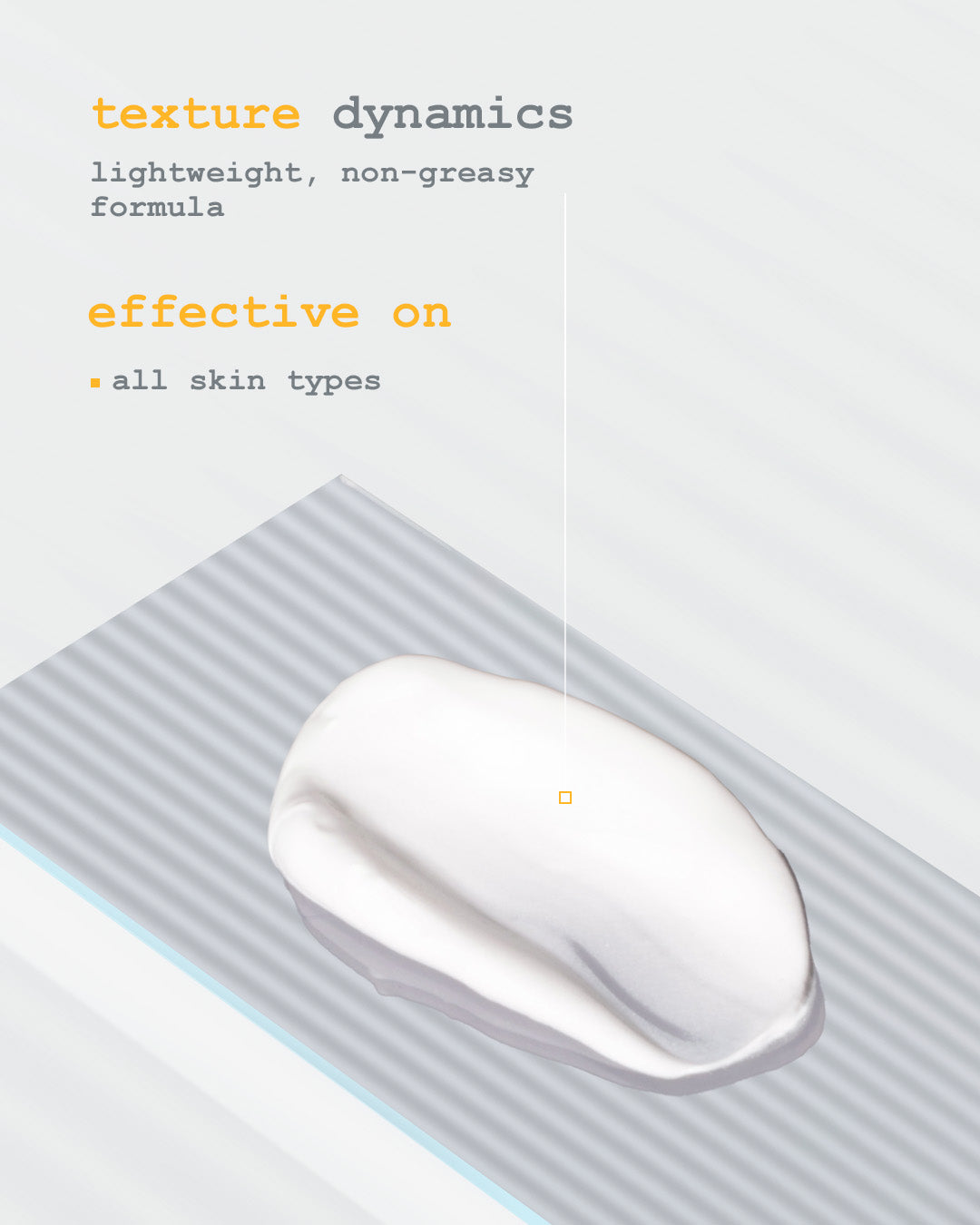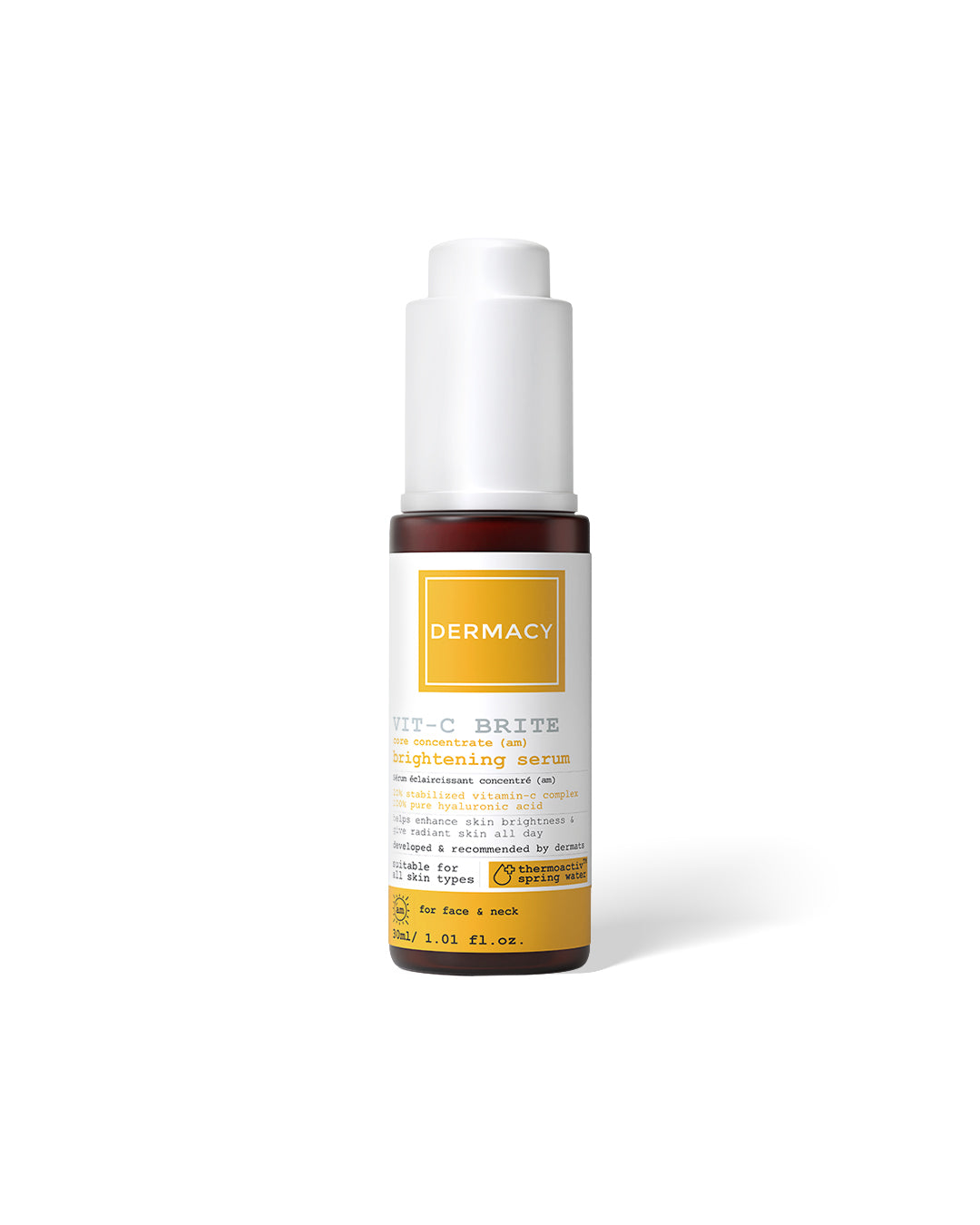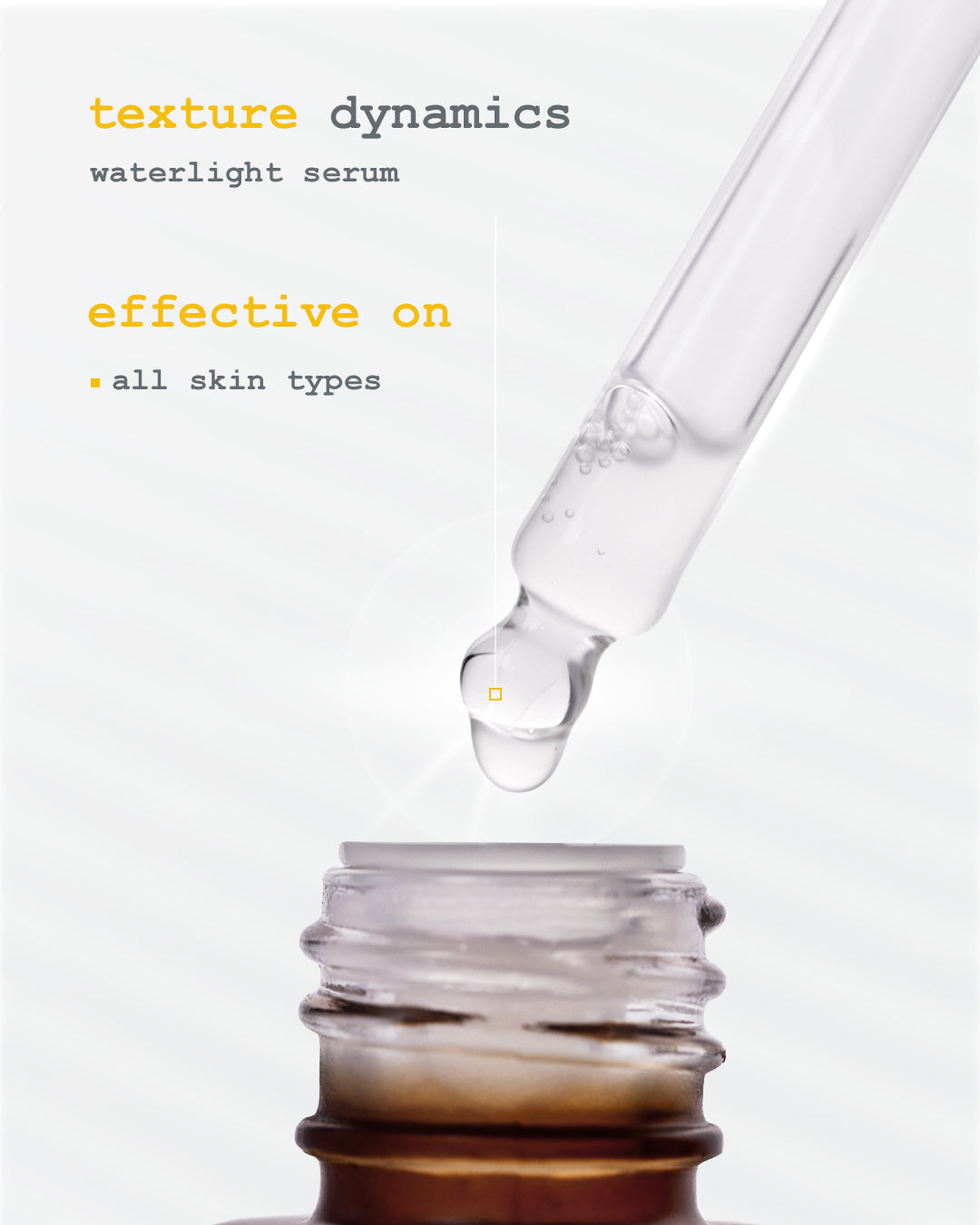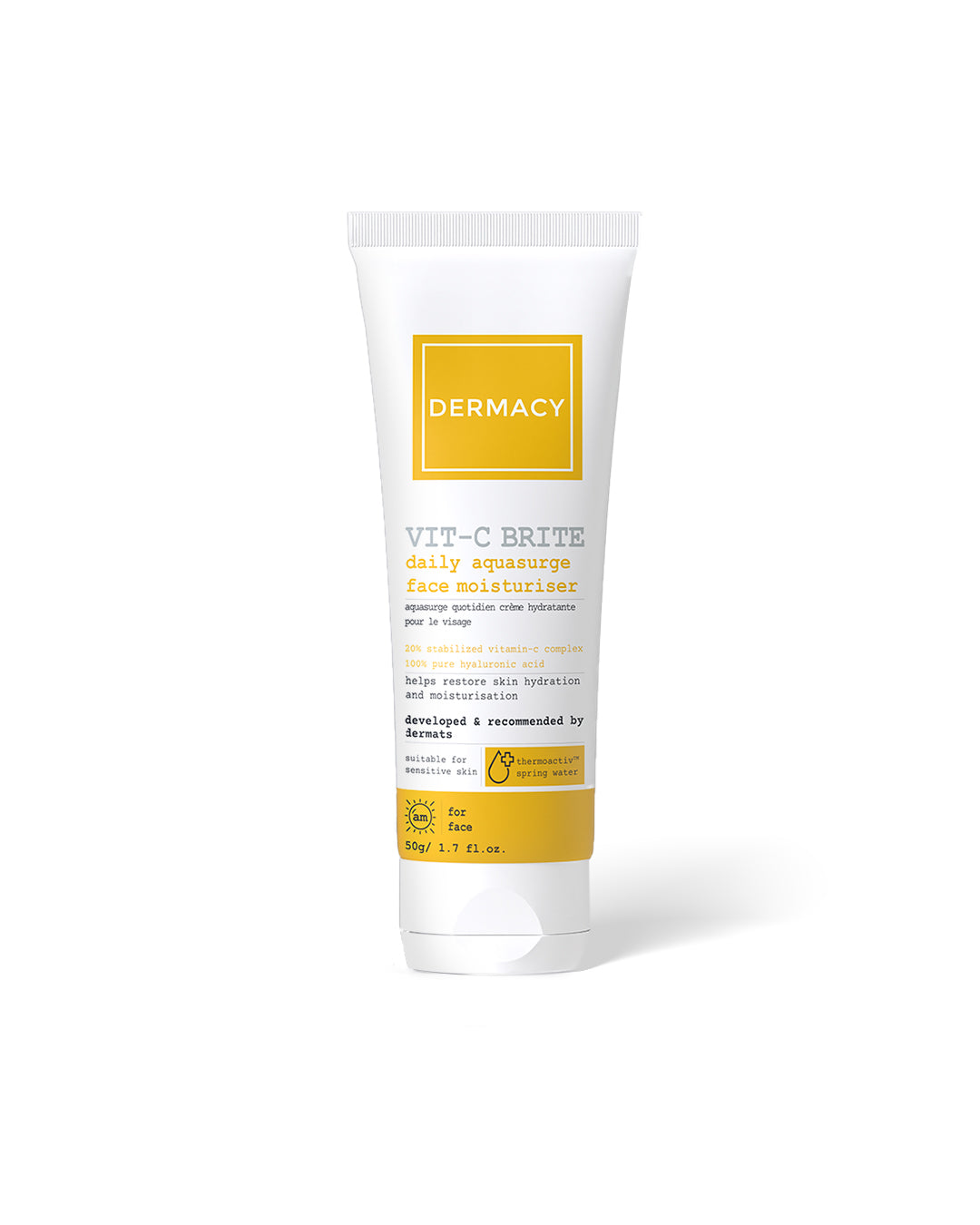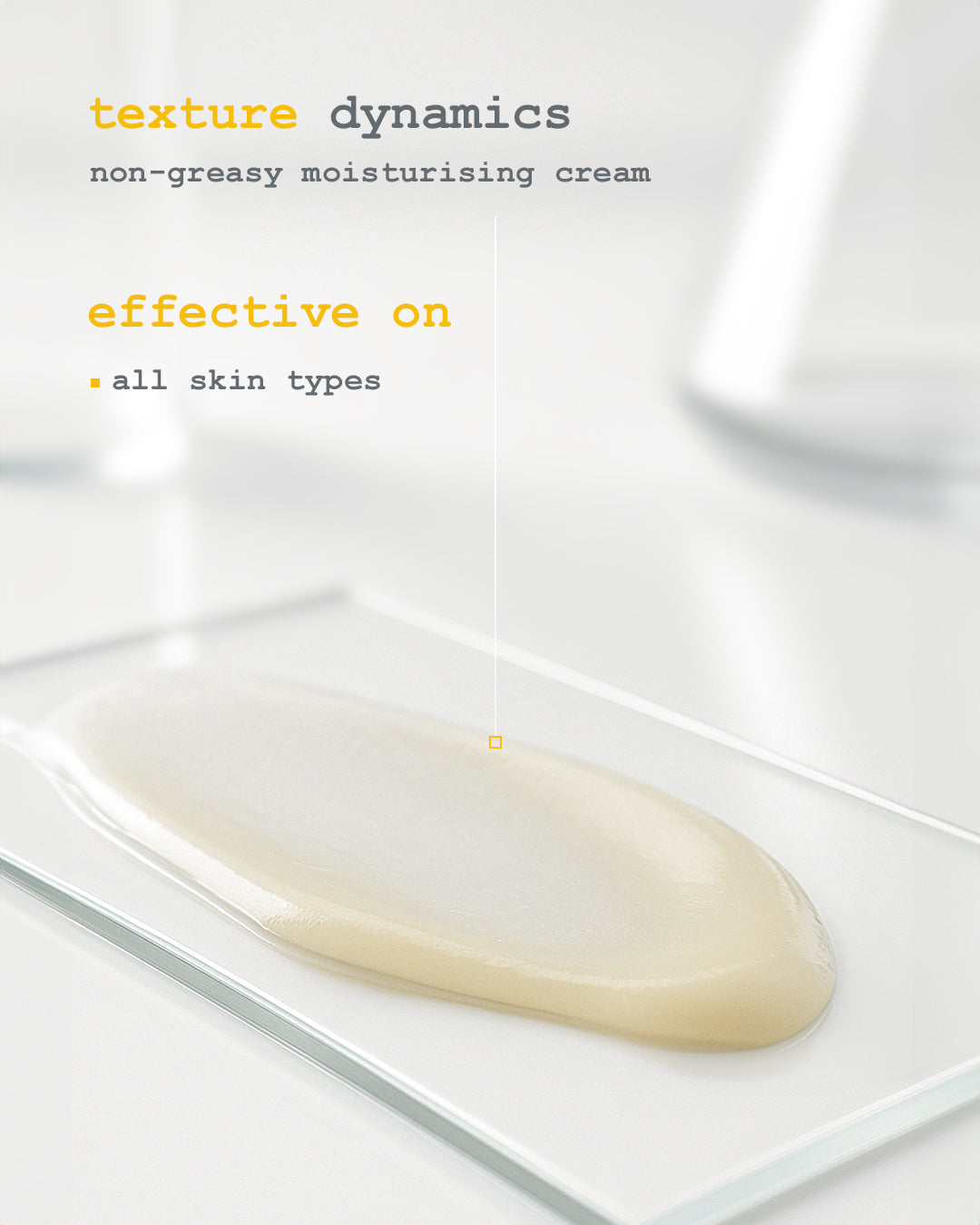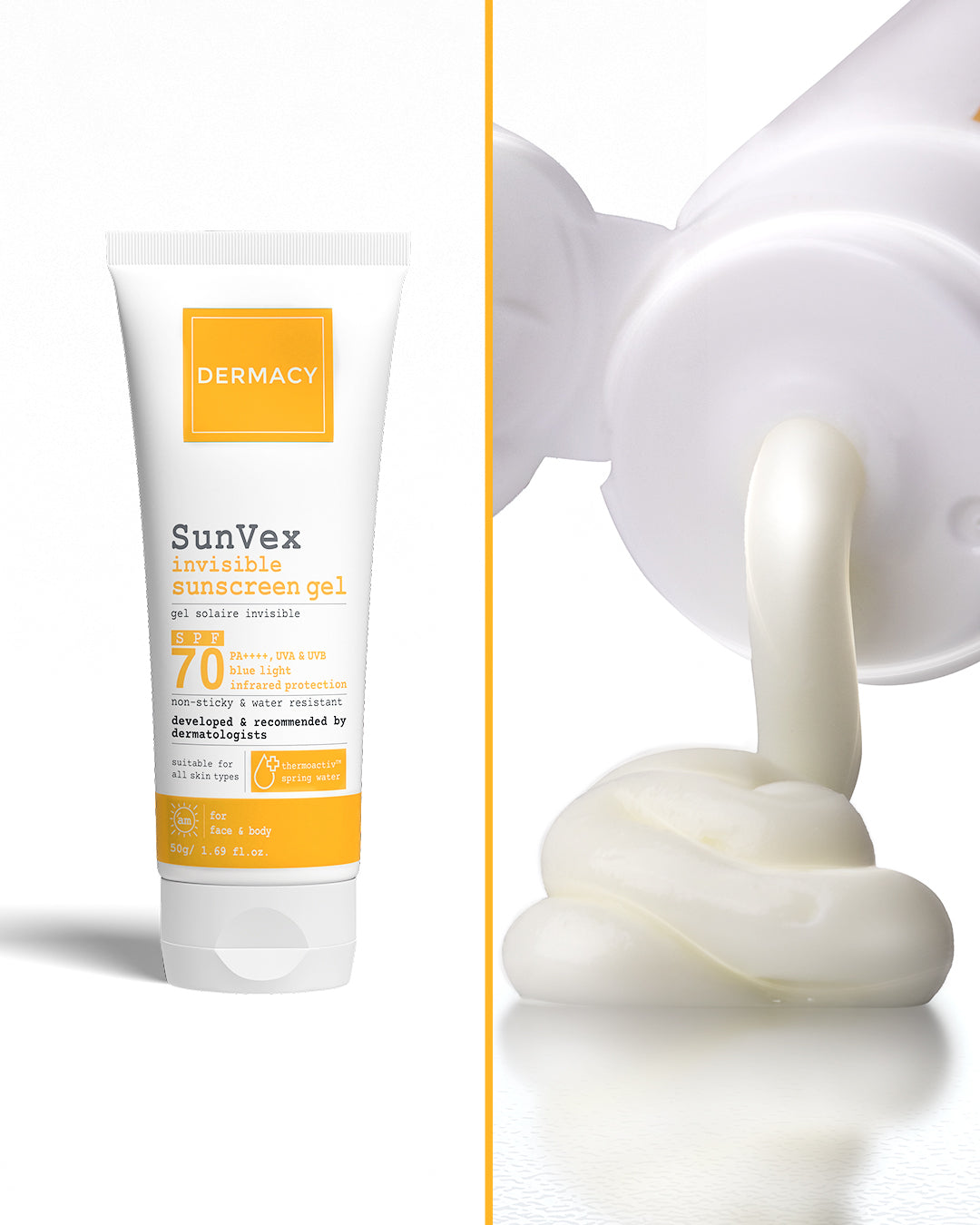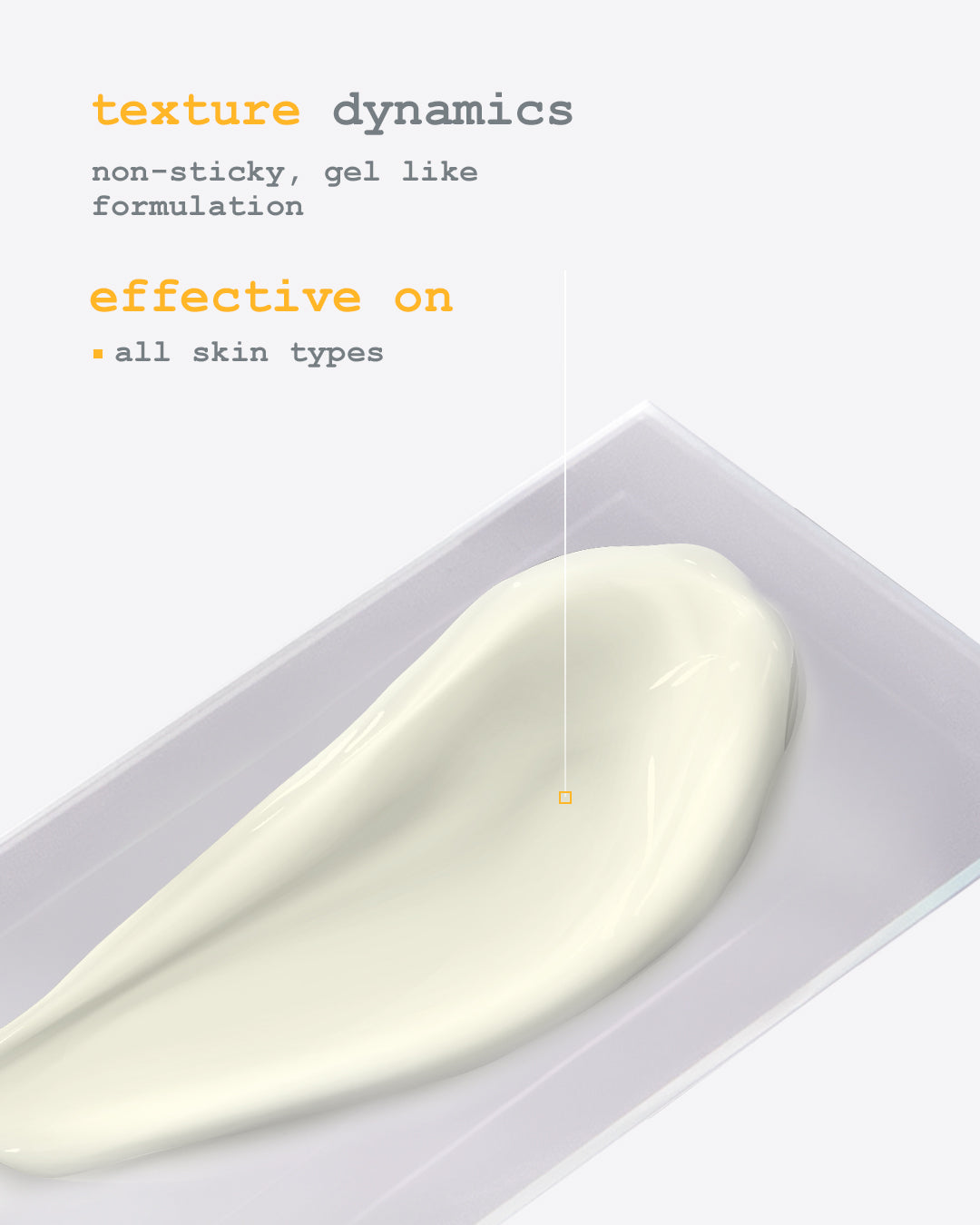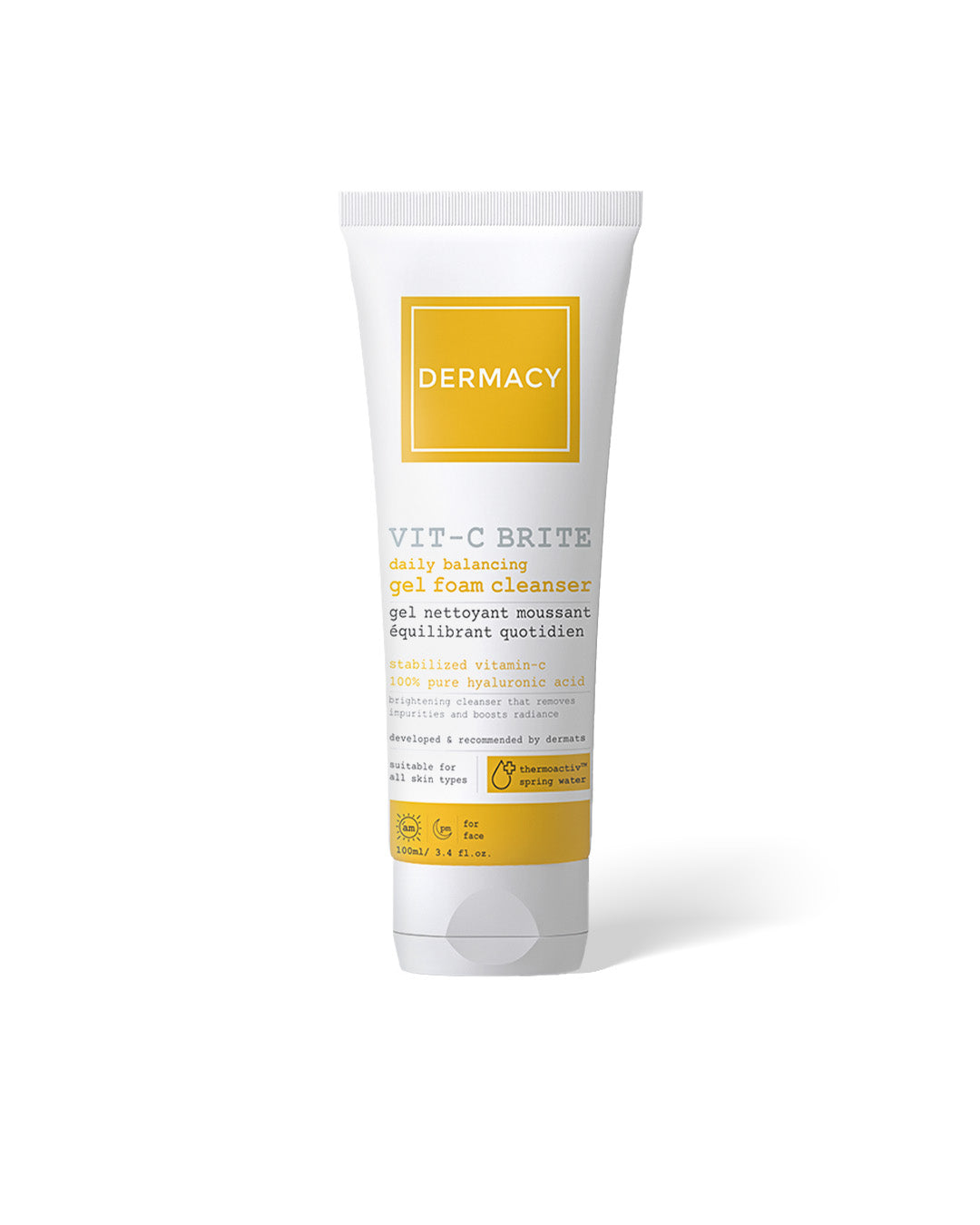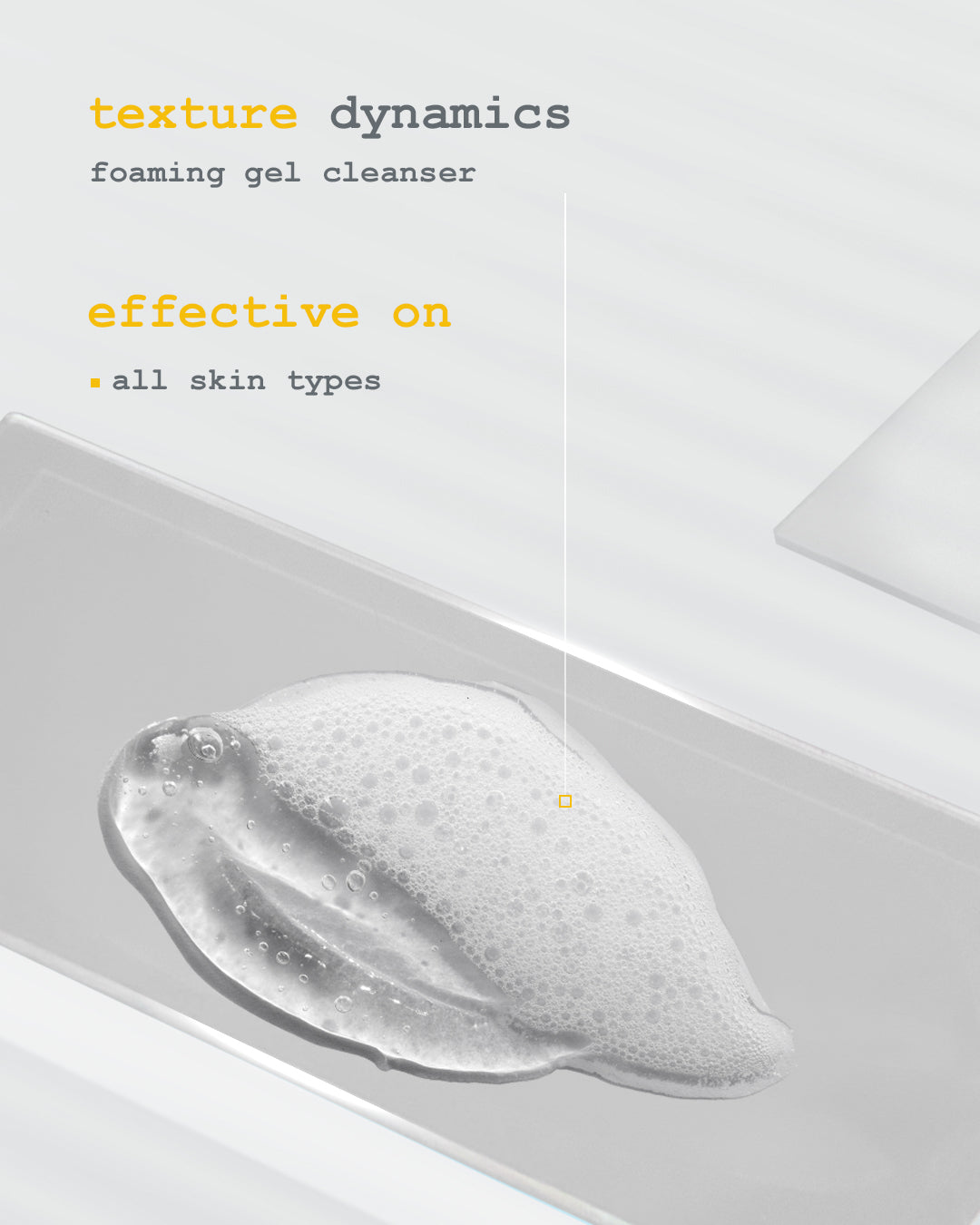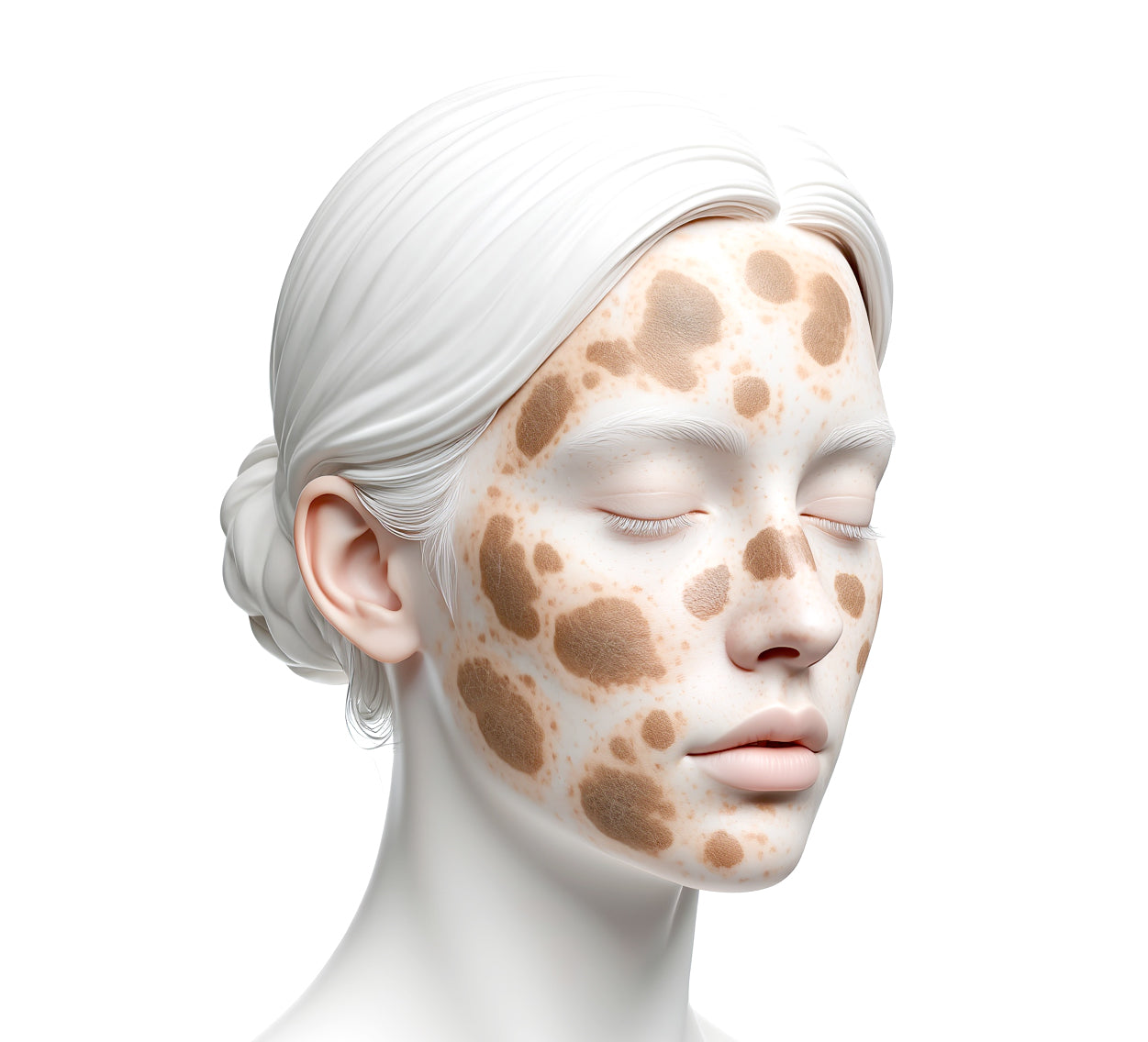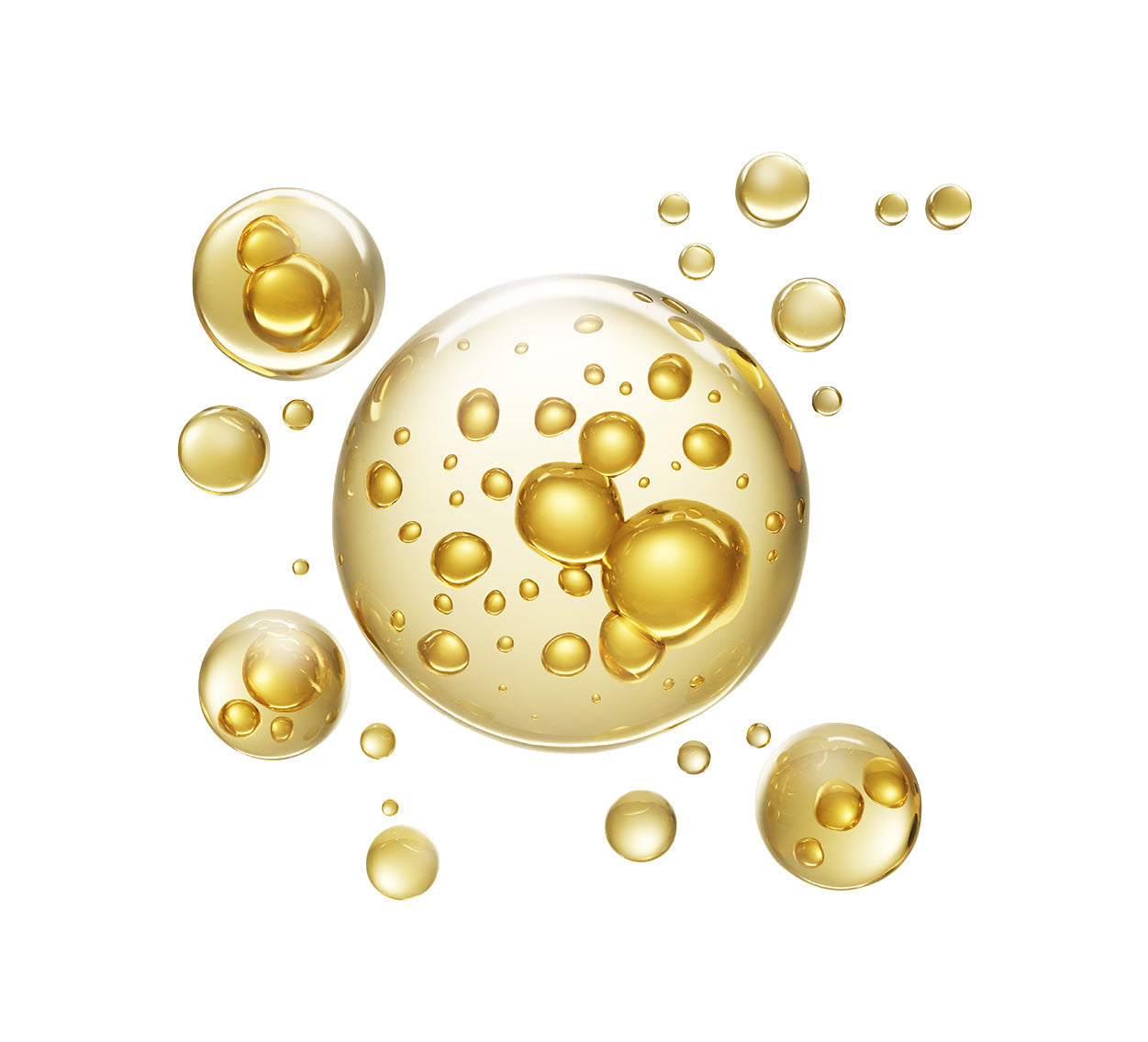Dimethicone: The Lightweight Skin Protector for Sensitive Skin
What Is Dimethicone?
Dimethicone is a synthetic polymer that forms a breathable film on the skin’s surface. This layer acts as a skin protector, helping to reduce moisture loss and improve texture without clogging pores. It is frequently found in moisturizers, primers, sunscreens, and barrier creams.
Despite some myths, dimethicone is non-comedogenic, non-irritating, and considered safe for all skin types—including sensitive and acne-prone skin.
How Dimethicone Supports Skin Health?
Dimethicone works by creating a protective layer over the skin’s surface. This barrier helps:
- Seal in moisture
- Smooth rough texture
- Reduce water loss (TEWL)
- Shield skin from environmental stressors Because it doesn’t clog pores or trap bacteria, it offers protection without suffocating the skin.
Benefits of Dimethicone in Skincare
- Improves skin softness and texture
- Locks in hydration without greasiness
- Reduces visible dryness and flaking
- Helps calm irritated skin
- Enhances the performance of actives and cosmetics
- Acts as a skin protector in harsh or drying conditions
How to Use Dimethicone in Your Routine
Dimethicone is already included in many skincare products, so it can be easily integrated:
- Moisturizers and creams: Choose dimethicone-rich formulas to support hydration after applying serums
- Sunscreen for sensitive skin: Look for dermatologist recommended sunscreen for sensitive skin with dimethicone to ensure barrier protection without irritation
- Primers: Use before makeup to smooth texture and minimize dryness
- Daily use: Suitable for morning and night routines, especially on dry or post-treatment skin
Final Takeaway
Dimethicone plays a vital role in maintaining skin health by acting as a lightweight, effective skin protector. It helps retain moisture, reduce irritation, and improve the feel of sensitive skin products—especially in sunscreens designed for delicate or dry skin.
In barrier-first routines, dimethicone supports protection and comfort—making it a quiet essential in modern skincare products.





